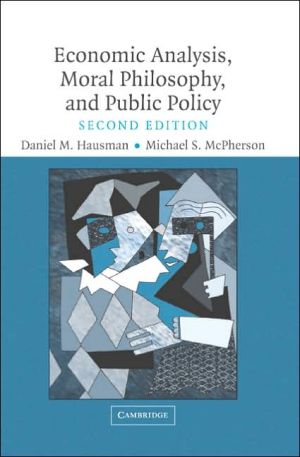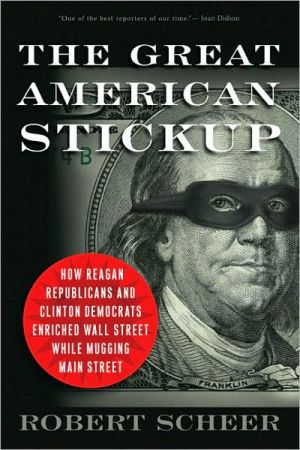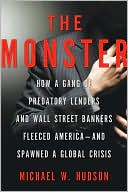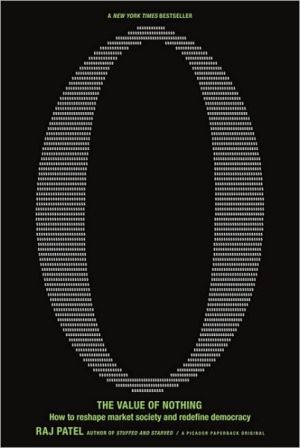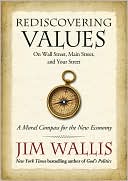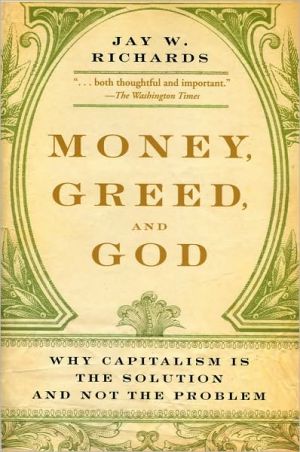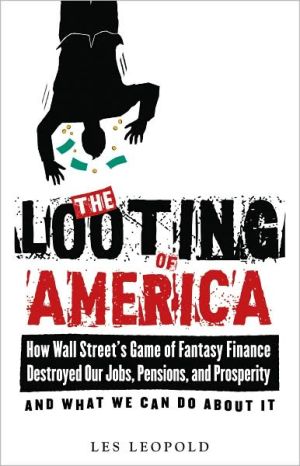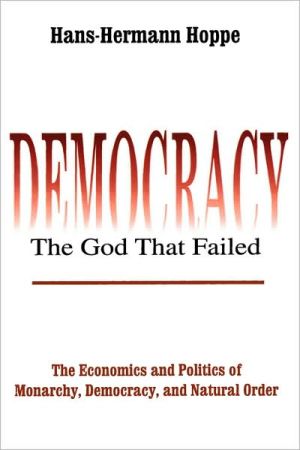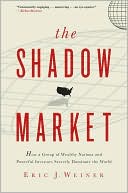Economic Analysis, Moral Philosophy and Public Policy
This 2006 book shows through accessible argument and numerous examples how understanding moral philosophy can improve economic analysis, how moral philosophy can benefit from economists' analytical tools, and how economic analysis and moral philosophy together can inform public policy. Part I explores rationality and its connections to morality. It argues that in defending their model of rationality, mainstream economists implicitly espouse contestable moral principles. Part II concerns...
Search in google:
This highly accessibly book explores the relationships between economics, philosophy, and public policy.
PrefaceixIntroduction11Ethics and Economics?31.1What Are Moral Questions and How Can They Be Answered?41.2How Is Moral Philosophy Relevant to Economics?81.3Organization102Ethics in Welfare Economics: Two Examples122.1A Shocking Memorandum122.2Eight Distinctive Features of Welfare Economics132.3The Economic Benefits of Exporting Pollution to LDCs162.4Summers's Argument and a Further Feature of Welfare Economics172.5Is Summers Right? Should the World Bank Encourage Migration of Dirty Industries to LDCs?202.6School Vouchers232.7Conclusions293Ethics in Positive Economics: Two Examples303.1Is Unemployment Involuntary?313.2Overlapping Generations383.3Conclusions41IRationality and Morality434Rationality454.1Certainty and Ordinal Utility Theory464.2Expected Utility Theory514.3Questions about Utility Theory555Rationality in Positive and Normative Economics605.1Rationality and Positive Economics605.2Preference Satisfaction and Pareto Efficiency645.3Rationality and Ethics in Positive Economics675.4Self-Interest and Moral Motivation725.5Conclusions766Rationality, Norms, and Morality786.1Rationality and Self-Interest796.2The Influence of Moral Norms on Economic Behavior806.3How Do Norms Motivate and What Sustains Them?856.4Philosophical Implications896.5Morality and Utility Theory916.6Conclusion: On the Rationality of Morality94IIWelfare and Consequences977Utilitarianism and Consequentialism997.1Clarifying Utilitarianism1007.2Interpersonal Comparisons of Well-Being1047.3Justifying Utilitarianism1077.4Contemporary Consequentialism1097.5Is Utilitarianism Plausible?1127.6Consequentialism and Deontology1137.7Conclusion: Should Economists Embrace Utilitarianism?1168Welfare1188.1Theories of Well-Being1198.2Is the Standard View of Welfare Plausible?1208.3Equating Well-Being and Preference Satisfaction1228.3.1Changing and Conflicting Preferences and Preferences Based on False Beliefs1238.3.2Assessing Preferences1258.4Modifying the Preference Satisfaction View1288.5Alternative Theories of Welfare1298.6Conclusions1339Efficiency1359.1"Efficiency" as Pareto Optimality1369.2How Welfare Economics Narrows Normative Questions1409.3Cost-Benefit Analysis1449.4Objections to Cost-Benefit Analysis1479.5Cost-Benefit Analysis as a Social Practice1519.6Conclusion: Welfare Economics in Limbo152IIILiberty, Rights, Equality, and Justice15710Liberty, Rights, and Libertarianism15910.1Freedom16010.2What Are Rights?16310.3The Importance of Rights16410.4The Justification of Rights16610.5Weighing Rights, Liberties, and Welfare16710.6Libertarianism16811Equality and Egalitarianism17411.1Why Equalize?17711.1.1Equality Is Intrinsically Good17811.1.2Equality and Priority for the Worst-Off17911.1.3Intrinsic Connections between Equality and Other Ends18111.2Equality of What?18311.2.1Equality of Welfare18411.2.2Equality of Resources18511.2.3Equality of Opportunity for Welfare19011.2.4Equality of Capabilities19111.3Complex Equality and Equality of Moral Status19211.4The Measurement and Importance of Inequality19512Justice and Contractualism19812.1The Social Contract Idea19912.2Justice as Reciprocity: Rawls's Theory of Justice20112.2.1Contractualism and the Original Position20212.2.2Rawls's Principles of Justice20312.2.3Implications of Rawls's Principles20612.2.4Justice and Pluralism20712.3Justice as Mutual Advantage: David Gauthier20912.4Other Contractualist Views21112.5Conclusion: Social Contract Reasoning and Economics212IVMoral Mathematics21513Social Choice Theory21713.1The Social Welfare Function and Arrow's Theorem21713.2The Interpretation of Arrow's Theorem22013.3Social Choice Theory and Moral Philosophy22213.4The Paradox of the Paretian Liberal22513.5The Range of Social Choice Theory22813.5.1The Logical Coherence of Social Judgments22813.5.2Formal Representations of Freedom and Opportunity22813.5.3Should Egalitarians Aim to Equalize Welfare?23013.6Conclusions23214Game Theory23414.1What Is a Game?23414.2Moral Philosophy and Some Simple Games23914.3Cooperation and Justice24314.4Paradoxes and Difficulties24514.5Bargaining Theory and the Social Contract251Conclusions25715Pollution Transfers and School Vouchers: Normative Economics Reconsidered25915.1Do Vouchers and Pollution Transfers Make People Better-Off?26115.2A Utilitarian Perspective on Pollution Transfers26515.3Other Ways of Evaluating Vouchers and Pollution Transfers26715.3.1Rights, Freedoms, Pollution, and Vouchers26715.3.2Equality, Pollution, and Vouchers26815.3.3Justice, Pollution, and Vouchers26915.4Conclusions27216Economics and Ethics, Hand in Hand27416.1Involuntary Unemployment and Moral Baselines27416.2The Overlapping Generations Example27816.3Pressing Problems27916.3.1Ethnic and Religious Conflict28116.3.2Global Inequalities28316.3.3Environmental Protection and Global Warming28516.4Conclusions289AppendixHow Could Ethics Matter to Economics?291A.1Objection 1: Economists as Engineers292A.2Objection 2: Positive Economics Is Value Free295A.2.1Positive and Normative Economics296A.2.2On the Independence of Ethics and Economics297A.3The Rationality of Normative Inquiry297A.4How Knowing Ethics Contributes to Positive Economics299A.5Conclusions306Glossary309References315Index335
\ From the Publisher“Excellent guides to further reading: comprehensive references and index. Highly recommended.” — Choice\ \
